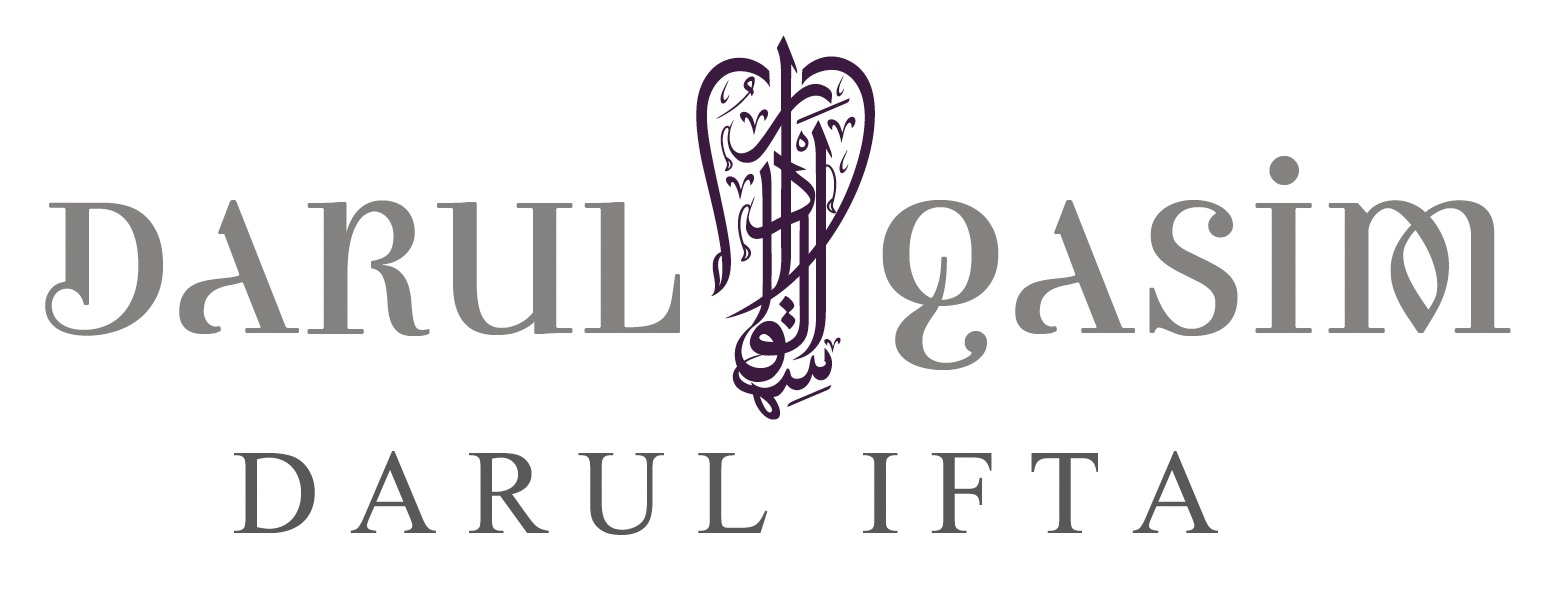What is Mahdawiyyat?
Question
Al-salāmu ʿalaykum wa raḥmatuLlāhi wa barakātuHu
During the Mughal Emperor, around 1500 CE, Syed Mohammed Jawnpuri declared himself as the promised Mahdi in Makkah and India at least twice. His followers are mainly located in Hyderabad. They are known as the Mahdavi sect.
The Mahdavi sect is founded on the belief that Syed Mohammed Jaunpuri is the Mahdi. They say that he is maʿṣūm ʿan al-khataʾ and has full authority to explain the Qurʾān. They also say that anyone who does not believe in him being the Mahdi is a disbeliever.
We were part of this sect but, al-ḥamdu liLlāh, some of us rejected it and joined Ahl al-Sunnah. However, there are many others in our families who are not sure and would like to understand more. InshāʾAllāh, if the ʿulamāʾ can explain what's truth, they will accept it.
(1) What do the ʿulamāʾ say regarding Syed Mohammed Jaunpuri being the promised Mahdi. If he is not, then please explain in detail why that is so.
(2) What is the ruling of one who wants to remain silent about this and says that Allah knows what his faith is, and he doesn’t have to clarify that to others. How does one belonging to Mahdavi sect make sure they have proper īmān and will be saved in the ākhirah?
(3) Some of our family members believe Syed Mohammed Jaunpuri was the Mahdi and that he came and left. But they reject the beliefs written in the Mahdavi books. They say that they believe in the Qurʾān and the Sunnah. Can one be a muʾmin without renouncing Mahdavi beliefs?
Answer
Wa ʿalaykum al-salām wa raḥmat Allah wa Barakātu-h.
In the name of Allah, The Most Gracious, The Most Merciful.
Some signs of the Mahdī are:
- The Mahdī will be from the Prophet’s lineage.
- His father’s name will be ʿAbd Allah; his mother’s name will be Āminah.
- The Mahdī will fill the earth with justice after it was filled with injustice.
- His appearance will be close to the time of ʿĪsā.
- There will be fighting between the children of a khalīfah over the treasure of the Kaʿbah.
- Allah ta‘ālā will prepare him within a day’s time.
- He will appear and have support from the East or Makkah, with the people bearing black flags.
In essence, the role of the Mahdī (upon him be peace) is to lay the groundwork and pave the way for ‘Īsā b. Maryam (upon him be peace).
Regarding the individual mentioned in the question, let alone the signs of the Mahdī being non-existent in him, there are many blatant statements of kufr which have been attributed to him. For example, Mufti Salman Mansurpuri quotes Muṭāla‘-i Mahdawiyyat:
- “This is the light of God. It can never be separate from God. Thus, it has been established definitively that the being of the Mahdī was the complete light of Allah.”
- “I am Allah, the lord of the worlds…”
The adherents of this group are not Muslims. One must abstain from intermarrying and consuming the meat slaughtered by members of this group.
As for the issue of adhering to a deviant sect while denouncing the un-Islamic positions of that sect, an important question remains which is: “So then what does that individual believe?” If he truly believes in the theological positions of mainstream Ahl al-Sunnah, there is no need to affiliate oneself with a heretic and the sect that formed around him.
For further reading, please consult the following sources:
Mawlānā Ḥusayn Aḥmad Madanī. al-Khalīfat al-Mahdī fi-l-Aḥādīth al-Ṣaḥīḥah. Edited by Mawlānā Ḥabīb al-Raḥmān Qāsimī. Multan: ‘Ālamī Majlis Taḥaffuẓ Khatm-i Nubuwwah.
Muftī Kifāyat Allah. Kifāyat al-Muftī. Karachi: Dā´al-Ishā‘at, 2001. 1:329.
Muftī Maḥmūd Ḥasan Gangohī. Fatāwā Maḥmūdiyyah. Supervised by Mawlānā Salīm Allah Khān (Dār al-Iftā’ Jāmi‘ah Fārūqiyyah Karachi), 2:300.
Mawlānā Badr ‘Ālam Miīrthī. Tarjumān al-Sunnah. Lahore: Maktaba-i Raḥmāniyyah. 4:346.
‘Allāmah Khalid Mahmood. Tajalliyāt-i Āftāb. Lahore: Maḥmūd Publications Islamic Trust, 2018. 2:495-507.
Ismā‘īl b. ‘Umar Ibn Kathīr. al-Bidāyah wa-l-Nihāyāh. 6th ed. Edited by Shu‘ayb al-Arna’ūṭ Dār Ibn Kathīr, 1442/2021. 17:40-46.
Mufti Salman Mansoorpuri. Kitāb al-Nawāzil. Edited by Mufti Muḥammad Ibrāhīm Qāsimī Karachi: Dā´al-Ishā‘at. 2:95-104.
Qārī Muḥammad Ṭayyib. “Ifādāt-i ‘Ilm wa Ḥikmat,” in Khuṭubāṭ Ḥakīm al-Islām. Transcribed by Mawlānā Muḥammad Idrīs HawshyāPūrī. Karachi: Dār al-Ishā‘at, 2017. 4:403-404.
Mufti Radhaul Haq. Fatāwā Dār al-‘Ulūm Zakariyyā. Edited by Mufti ‘Abd al-Bari and Muhammad Ilyas Shaykh. Karachi: ZamZam Publishers, 2015. 1:285-287.
Jalāl al-Dīn al-Suyūṭī. al-‘Arf al-Wardī fī Akhbār al-Mahdī. 1st ed. Edited by Mahdī Akbar Najjād. Hastī Namā, 1429.
And it is Allah who grants tawfīq.
Shaheer Pathan
